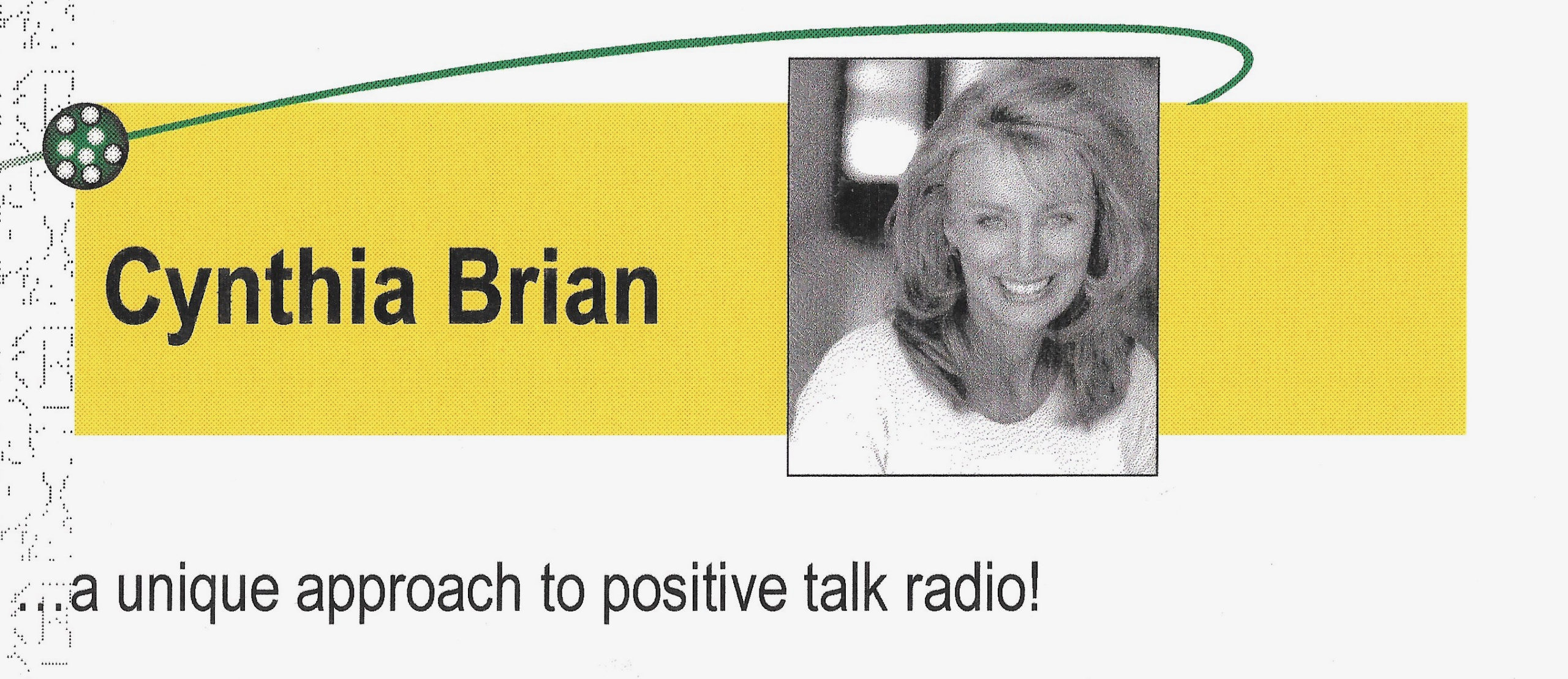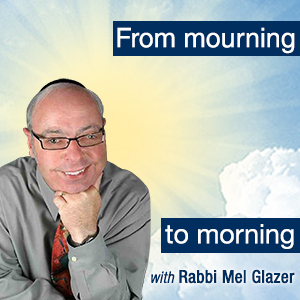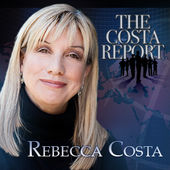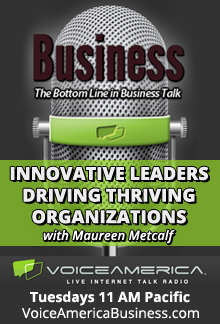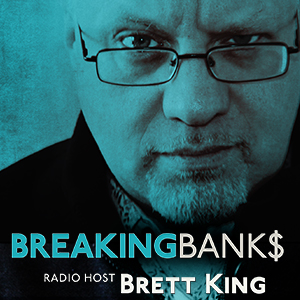History is Made. Healing is Necessary. Have Hope!
See all at http://hosted.verticalresponse.com/672296/56e198d1b6/288055965/ac7221bc2f/ Click to...
Read Moreby VoiceAmerica | Nov 11, 2020 | Empowerment | 0 |
See all at http://hosted.verticalresponse.com/672296/56e198d1b6/288055965/ac7221bc2f/ Click to...
Read Moreby VoiceAmerica | Nov 2, 2016 | Empowerment | 0 |
This election is almost over. And we Americans are so exhausted. We have been involved in the most...
Read Moreby VoiceAmerica | Mar 9, 2016 | Business | 0 |
The 2016 race for the White House has raised many more questions about leadership than it has...
Read Moreby VoiceAmerica | Jul 28, 2015 | Business | 0 |
Gary Ross was interviewed on the Innovative Leaders Driving Thriving Organizations show 0n...
Read Moreby VoiceAmerica | Jun 5, 2015 | 7th Wave | 0 |
As children, many of us felt called to DO something to help our world. Some became dedicated...
Read Moreby VoiceAmerica | May 18, 2015 | Empowerment | 0 |
Molly Maidâs President Meg Roberts is the special featured guest on the next edition of Deanne...
Read Moreby VoiceAmerica | Apr 27, 2015 | Business | 0 |
Former special counsel to President Clinton and acclaimed expert in the field of crisis...
Read Moreby VoiceAmerica | Apr 20, 2015 | Business | 0 |
Cheryl Esposito welcomes Robert MacPhee, speaker, author, coach and Founder & President of Heart Set, Inc., a company dedicated to helping people live the life of their dreams. Robert specializes in helping people make...
Read Moreby VoiceAmerica | Apr 17, 2015 | Business | 0 |
Breaking Banks and Finextra continue their series on Women in Fintech, profiling Amy Nauiokas,...
Read Moreby VoiceAmerica | Mar 10, 2015 | Business | 0 |
Hillary Clinton recently came under fire when reports surfaced that she had used a private email...
Read More

